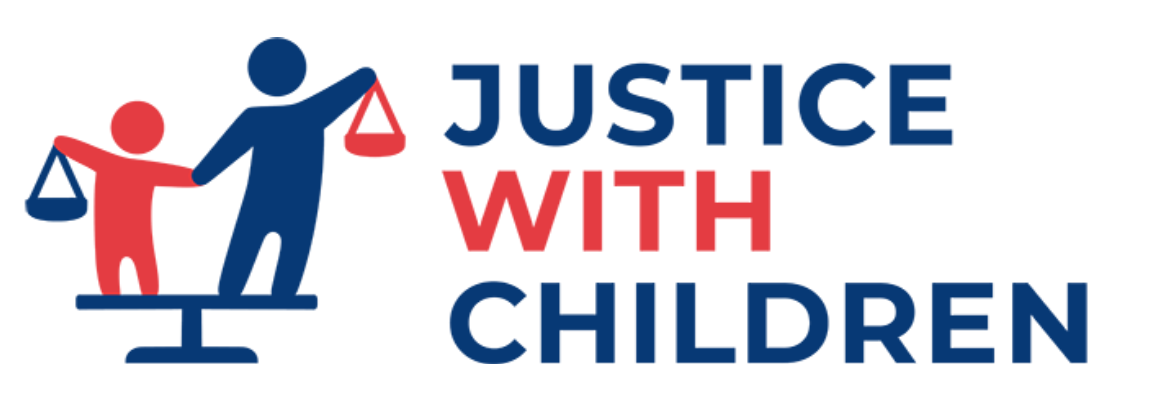
Individual Needs Assessment: A multidisciplinary approach to understanding the child, not just the case.
Every child’s needs are different, so must be our response.
With multidisciplinary individual needs assessment, professionals can collaborate to offer individualized care to children in criminal proceedings and achieve more appropriate and beneficial case management.
What are multidisciplinary individual needs assessments for children?
Every child is different, so must be the support they are entitled to.
When a child is involved in criminal proceedings, as a victim or a suspect or accused of an offence, relevant legal and child protection professionals should, all together, look into all aspects of the child’s life, identifying their strengths and vulnerabilities.
Individual assessments are robust, multidisciplinary, participatory processes that give to the professionals who work with children involved in criminal proceedings all the information they need to provide the most appropriate response to the child and the necessary support to those taking decisions, enabling them to best serve the best interests of the child in a given case.
Why individual needs assessment for children?
Properly conducted individual assessment processes are the gateway for children to fair, child-sensitive and child-appropriate proceedings, as they will ensure that every child can access the rights and procedural safeguards they are entitled to.
They are crucial to avoid discrimination and allow all children to benefit from the available support services, including restorative justice.
Thanks to a robust, multidisciplinary individual assessments, children in contact with the law can access individualised care and individualised responses, tailored as much as possible to their needs and best interests.
Ultimately, individual assessment is a cornerstone to achieve child-centered justice, as it enables professionals to start from and focus on the child’s needs.
What is the scope of individual needs assessments with children?
Individual needs assessment should take into account the child’s personality and maturity, the child’s economic, social and family background and any specific vulnerabilities, as well as the child’s strengths and needs.
Child suspect or accused of an offence
The extent and detail of the assessment may vary depending on the circumstances of the case, the measures that can be taken if the child is found guilty of the alleged criminal offence, and whether the child has in the recent past been the subject of an individual assessment. The individual assessment in these cases is also conducted to assess the appropriateness and effectiveness of any precautionary measures in respect of the child, and to inform any decision or course of action in the criminal proceedings, including when sentencing.
Child victims
The special circumstances of each particular child victim should be taken into account, including the child’s views, needs and concerns. The individual assessment aims in particular to determine the extent to which they are at risk of secondary and repeat victimisation, of intimidation and retaliation and what special protection measures they require. [1] The individual assessment should take into account:
- The personal characteristics of the victim, such as his or her age, gender and gender identity or expression, ethnicity, race, religion, sexual orientation, health, disability, residence status, communication difficulties, relationship to or dependence on the offender and previous experience of crime
- The type or nature and the circumstances of the crime, such as whether it is a hate crime, a bias crime or a crime committed with a discriminatory motive, sexual violence, violence in a close relationship, whether the offender was in a position of control, whether the victim's residence is in a high crime or gang dominated area, or whether the victim's country of origin is not the Member State where the crime was committed.
[1] Art. 22 (1, 4), par. 55 EU Directive 2012/29/EU; Art. 19(3) EU Directive 2011/92; Artt.12 (3,4), 13, 14, EU Directive 2011/36
When and where do individual needs assessments take place?
The individual assessment takes place in child-friendly premises at the earliest possible moment but may need to be updated, as the assessment itself contributes to actions all through the criminal proceedings and beyond.
An assessment is undertaken in and around the first contact of the child with law enforcement or social professionals as a result of the offence
A system should also be in place to allow an individual assessment to be updated by professionals engaged with the child, and that allows periodic monitoring of whether there have been changes in the child’s circumstances and situation.

Who takes part in the individual assessment process with children?
Every child involved in a criminal proceeding – as a victim, or as an accused/suspect/convicted of an offence – should benefit from a participatory process of individual needs assessment, carried out by qualified personnel, following, as far as possible, a multidisciplinary approach. Where appropriate, the holder of parental responsibility or another appropriate adult should be present during the individual assessment to provide the child with the necessary support.
This means that the competent authorities will be responsible of conducting a proper, robust individual assessment, while guaranteeing the cooperation of all the agencies and professionals that work in the best interests of the children. The involvement in the individual assessment of professionals from different areas of expertise (e.g. police officers, social workers, psychologists, probation officers, lawyers, judicial actors, health professionals, staff of care institutions, etc.) should be guaranteed, to contribute to a thorough assessment of the child’s characteristics and circumstances, including any communication or cognitive difficulties that could hamper the child’s understanding and his/her meaningful participation.


